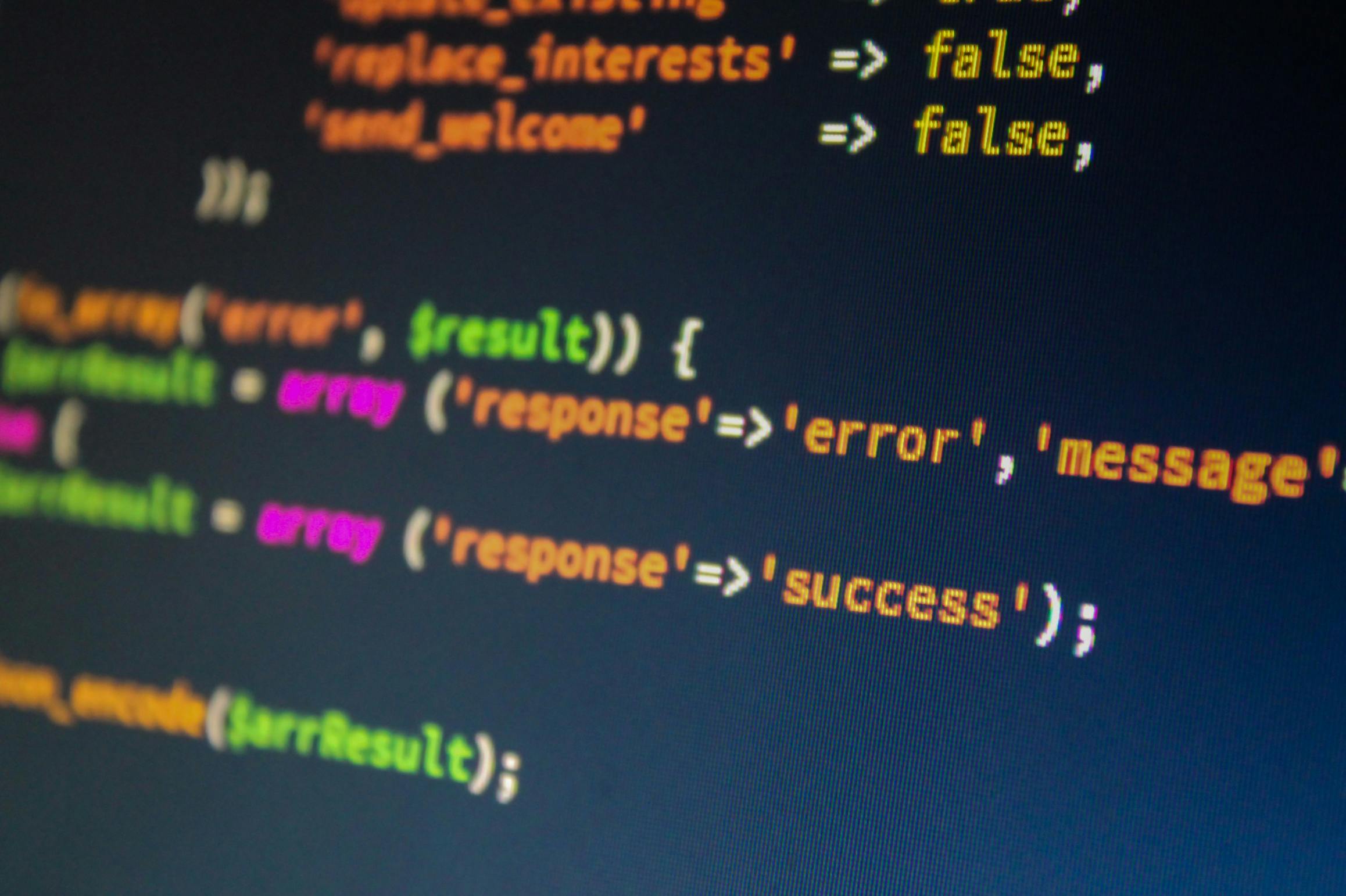PHP continues to be a powerful and widely used server-side scripting language in 2025. With frameworks like Laravel, Symfony, and advancements in PHP 8.x, it’s easier than ever to build fast, secure, and maintainable web applications.
But to truly get the most out of PHP, developers must follow a set of best practices that ensure code quality, scalability, and long-term project success.
In this article, we’ll explore modern PHP best practices that every developer should apply when building web applications.
1. Use PHP 8.2 or Newer
Always stay up to date with the latest stable PHP version to benefit from:
- Performance improvements
- New features like readonly classes, enums, and typed properties
- Better security and active support
php -v
# PHP 8.2.x
2. Use Composer for Dependency Management
Composer is the standard package manager for PHP. Always use it to manage third-party libraries, autoload classes, and streamline your workflow.
composer init
composer require monolog/monolog
✅ Use PSR-4 autoloading for clean project architecture.
3. Follow PSR Standards
PSRs (PHP Standard Recommendations) ensure consistent code style and interoperability between packages. Key ones include:
- PSR-1: Basic coding standards
- PSR-4: Autoloading standard
- PSR-12: Extended coding style
- PSR-7: HTTP message interfaces
Use tools like php-cs-fixer or phpcs to enforce standards.
4. Secure Your Application
Security is essential in PHP projects. Follow these guidelines:
- Escape output with
htmlspecialchars() - Validate and sanitize user input
- Use prepared statements with PDO or mysqli
- Never trust
$_GET,$_POST, or$_COOKIEdirectly
$stmt = $pdo->prepare('SELECT * FROM users WHERE email = :email');
$stmt->execute(['email' => $userEmail]);
5. Avoid Mixing HTML and PHP Logic
Use templates (like Blade, Twig, or native PHP templates) to keep logic and presentation separate. Avoid putting business logic in views.
✅ Clean separation improves maintainability and scalability.
6. Use Modern OOP Principles
- Use namespaces
- Write reusable classes and interfaces
- Avoid “God” classes by separating concerns
- Embrace SOLID principles
namespace App\Services;
class UserService {
public function createUser(array $data) {
// business logic
}
}
7. Implement Error Handling with Try-Catch
Avoid using die() or exit() in production logic. Use try-catch blocks with custom exceptions.
try {
$user = $userRepo->findById($id);
} catch (UserNotFoundException $e) {
echo $e->getMessage();
}
8. Use a Framework When Appropriate
Modern frameworks like Laravel, Symfony, or Slim:
- Encourage best practices
- Improve development speed
- Offer built-in tools for routing, middleware, validation, ORM, etc.
9. Test Your Code
Use PHPUnit or Pest to write unit and feature tests. Testing helps you catch bugs early and build with confidence.
composer require --dev phpunit/phpunit
use PHPUnit\Framework\TestCase;
class UserTest extends TestCase {
public function testFullName() {
$user = new User('John', 'Doe');
$this->assertEquals('John Doe', $user->getFullName());
}
}
10. Use .env Files and Configuration Layers
Don’t hardcode secrets or config values. Use .env files with libraries like vlucas/phpdotenv.
$dotenv = Dotenv\Dotenv::createImmutable(__DIR__);
$dotenv->load();
$dbHost = $_ENV['DB_HOST'];
Conclusion
Modern PHP development is not just about writing code that works—it’s about writing code that’s clean, secure, and maintainable over time. By following these best practices, you ensure that your PHP applications remain reliable, scalable, and future-proof.
